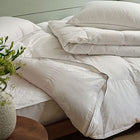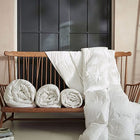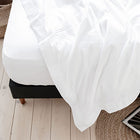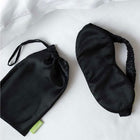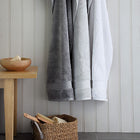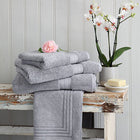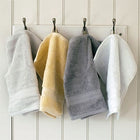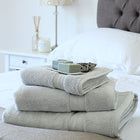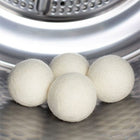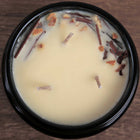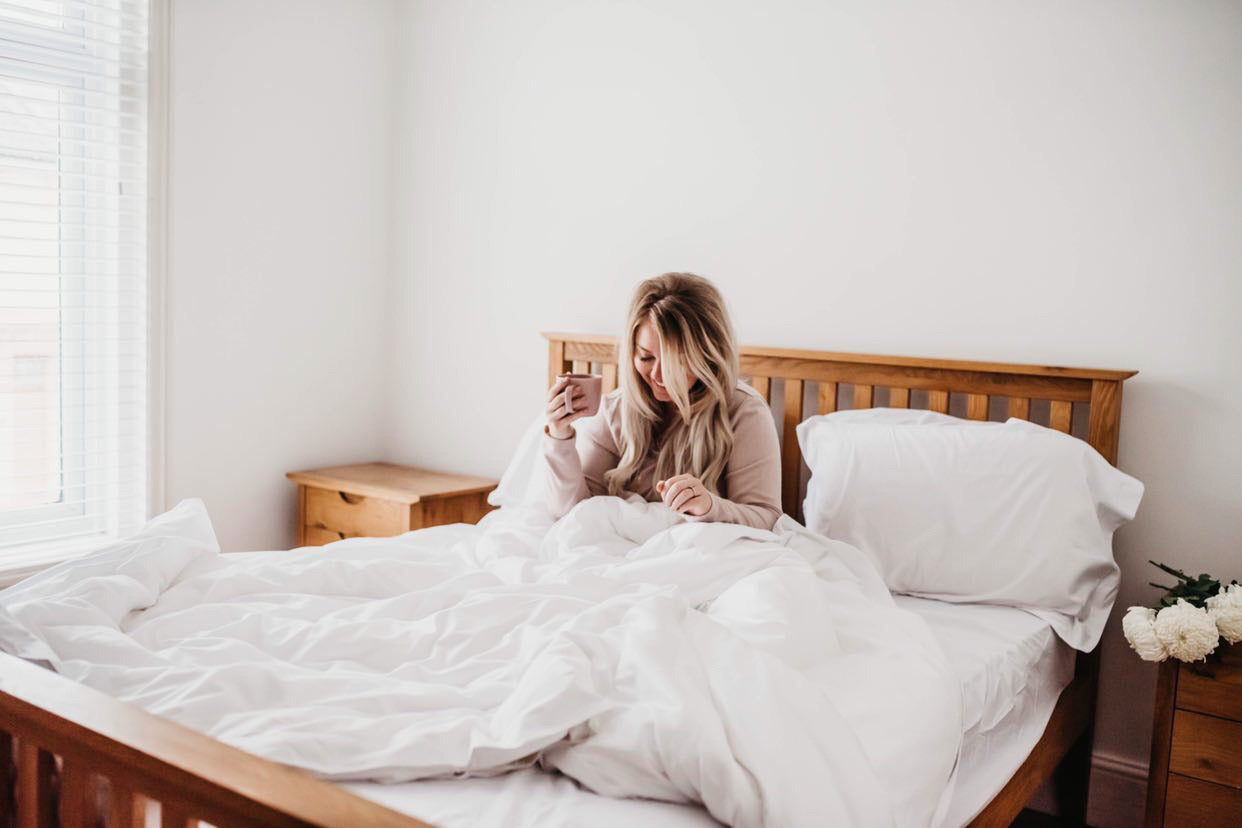
Sleep and immunity tips for a healthy lifestyle
Can sleep boost our immunity to illnesses and viruses? More and better sleep is something that most of us can easily do to improve our health and boost our immunity.
Here's why sleep is so important for our health:
- Why sleep is important for a healthy lifestyle.
- Sleep and immunity.
- The great daylight savings time experiment.
- Lack of sleep / sleep deprivation.
- Sleep impacts the effectiveness of flu vaccines.
- Sleep and weight gain / gut health.
- Sleep can also help you look more attractive!
Why sleep is important for a healthy lifestyle
Sleep is more than the third pillar of good health with diet and exercise, it's the foundation of a healthy lifestyle. If you lose out on sleep, your healthy diet and good exercise routine will be less effective.
Sleep helps power our immune system, fine-tunes our metabolism and regulates our appetite. A good night’s sleep of the right duration and quality is therefore vital for promoting good health, fighting infectious diseases and warding off other serious illnesses. Even losing small amounts of sleep, as little as one hour a night can harm your immune system and your health.
Sleep helps the body redistribute energy resources that are primarily used for brain and muscle work to the immune system. During sleep the brain recharges and cleans itself up from all the toxic waste of the day, which can otherwise cause inflammation.
Sleep and immunity
The body can sleep itself well - There is a powerful relationship between sleep and the immune system. Sleep fights against infection and sickness. Sleep strengthens your immune system and gives your body the time it needs to rest and repair. When you fall ill, the immune system actively stimulates the sleep system. So, reducing the amount you sleep for even one night can have an impact on your immune system.
How does sleep effect our health?
- Sleep switches off the sympathetic nervous system, better known as the flight or fight system - Switching off the sympathetic nervous system at night helps the body to rest and repair. Lack of sleep causes it to remain over active at night triggering health damage.
- Sleep switches on the growth hormone - Growth hormone is needed to help repair the body. It is shut off by sleep deprivation; e.g. impacting the ability of blood vessels to repair themselves. Vessels can fir up and rupture leading to a heart attack.
- Sleep provides a resting break for your heart - Lack of sleep leads to sustained heart beat speeds causing higher blood pressure. As a double whammy, lack of sleep also increases cortisol, contracting the blood vessels, further increasing blood pressure.
- Sleep reduces stress hormones - A full night of (REM) sleep sends calming signals to the body preventing stress hormones and managing blood pressure.
- Sleep impacts your immunity from viruses - The less sleep you have, the more likely you are to be infected by a virus. A survey conducted by Dr Alec Prather from the University of California, San Francisco, found a clear relationship between the less sleep a person has and the more likely they would be infected by a virus. In the study the infection rate for a cold virus was 50% for those who had less than five hours sleep, but only 18% for those who had seven or more hours sleep.
The great daylight savings time experiment
Perhaps one of the biggest global sleep experiments is the impact of the changing of the clocks to and from daylight savings time. 1.5 billion people lose around one hour of sleep once a year in March because of daylight savings. Researchers looked at millions of hospital records and found a:
- Material increase in heart attacks and traffic accidents in March when the clocks go forward and people on average lose 1 hour of sleep.
- Material reduction in heart attacks and traffic accidents in October when the clocks go back and people gain on average 1 hour of sleep.
Lack of sleep and sleep deprivation
More than 20 large scale studies across millions of people have reported the same findings - the shorter your sleep, the shorter your life. Every major system, tissue and organ is weakened when we get less sleep than we need.
Lack of sleep puts you at risk of being more susceptible to catching viral diseases and leads to a reduced level of immunity to fight them off. It can also increase your risk of conditions such as diabetes, heart and cardiovascular issues, cancer, dementia, obesity and skin problems.
Disease and lack of sleep facts:
- Sleeping less than six or seven hours a night reduces your immune system and more than doubles your risk of cancer.
- Research by Dr Michael Irwin from UCLA shows that shortening your sleep effects cancer fighting immune cells. Just one night of 4 hours sleep reduces the body's natural ability to kill cells circulating in the immune system by 70% compared to sleeping a full eight hours.
- Insufficient sleep is a key lifestyle factor determining whether or not you will develop Alzheimer’s disease.
- Inadequate sleep – even moderate reductions for just one week – disrupts blood sugar levels so profoundly that you would be classified as pre-diabetic.
- Sleep less than 6 hours a night and you are 400% more likely to have cardiac arrest.
- If you are 45 years or older and only sleep six hours a night, you are 200% more likely to have heart attack or stroke, compared with those sleeping seven to eight hours a night. This is because lack of sleep leads to higher blood pressure and erodes the fabric of blood vessels, particularly coronary arteries. You are 200% – 300% more likely to have calcification of arteries with 1 -2 hours less sleep a night.
- Poor sleep will over time lead to increased inflammation in the body as lack of sleep causes a drop in the production of molecules that counter inflammation.
- A lack of sleep makes you vulnerable to viruses and bacteria meaning you might be more prone to catch a cold or flu when you’re sleep deprived.
- A lack of sleep also leads to the breakdown of immune self tolerance which triggers autoimmune diseases.
- Denmark now pays compensation to women who get breast cancer on night shifts for government sponsored jobs.
- WHO classified night time shift work as a probable carcinogen.
Sleep impacts the effectiveness of flu vaccines
Sleep impacts your body's response to a flu vaccine. Flu jabs work by causing the body to generate antibodies. In a recent study, participants who only had four hours sleep generated 50% less antibodies than those who had seven to nine hours sleep. Researchers saw similar results for Hepatitis A and B jabs.
Even if participants had more sleep after their flu jabs, they couldn't fully build up their immunity for up to a year compared with those who had seven to nine hours sleep.
Sleep, weight gain and gut health
Too little sleep swells concentrations of a hormone that makes you feel hungry while suppressing a companion hormone that otherwise signals food satisfaction. Despite being full, you still want to eat more.
So, with less than seven or eight hours sleep, you are likely to eat more and be less able to manage calories. This can lead to weight gain and possibly Type 2 diabetes.
Short sleep will increase hunger and appetite, compromise impulse control within the brain, increase food consumption (especially of high-calorie foods), decrease feelings of food satisfaction after eating, and prevent effective weight loss when dieting. Dr. Even Van Cauter from the University of Chicago conducted a study to measure how lack of sleep correlates with overeating: Those who slept less ate 300 calories more each day compared to when they were routinely getting a full night of sleep.
Sleep also calms the sympathetic nervous system (commonly known as the fight or flight system). This improves the bacterial community in your gut known as micro bloom. When you don’t get enough sleep bad bacteria are generated. This reduces the absorption of food nutrients and can cause gastro intestinal problems.
Sleep can also help you look more attractive!
In one study, groups of individuals who were given eight hours of sleep the night before were rated as more attractive compared to another group of individuals who were only given five hours of sleep. Whoo Hoo!
